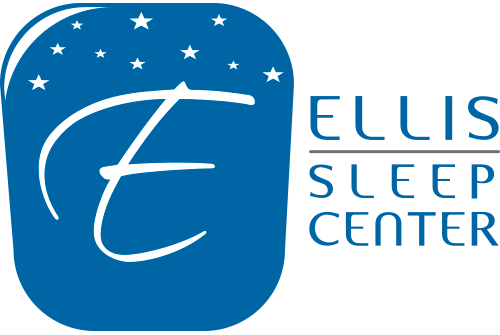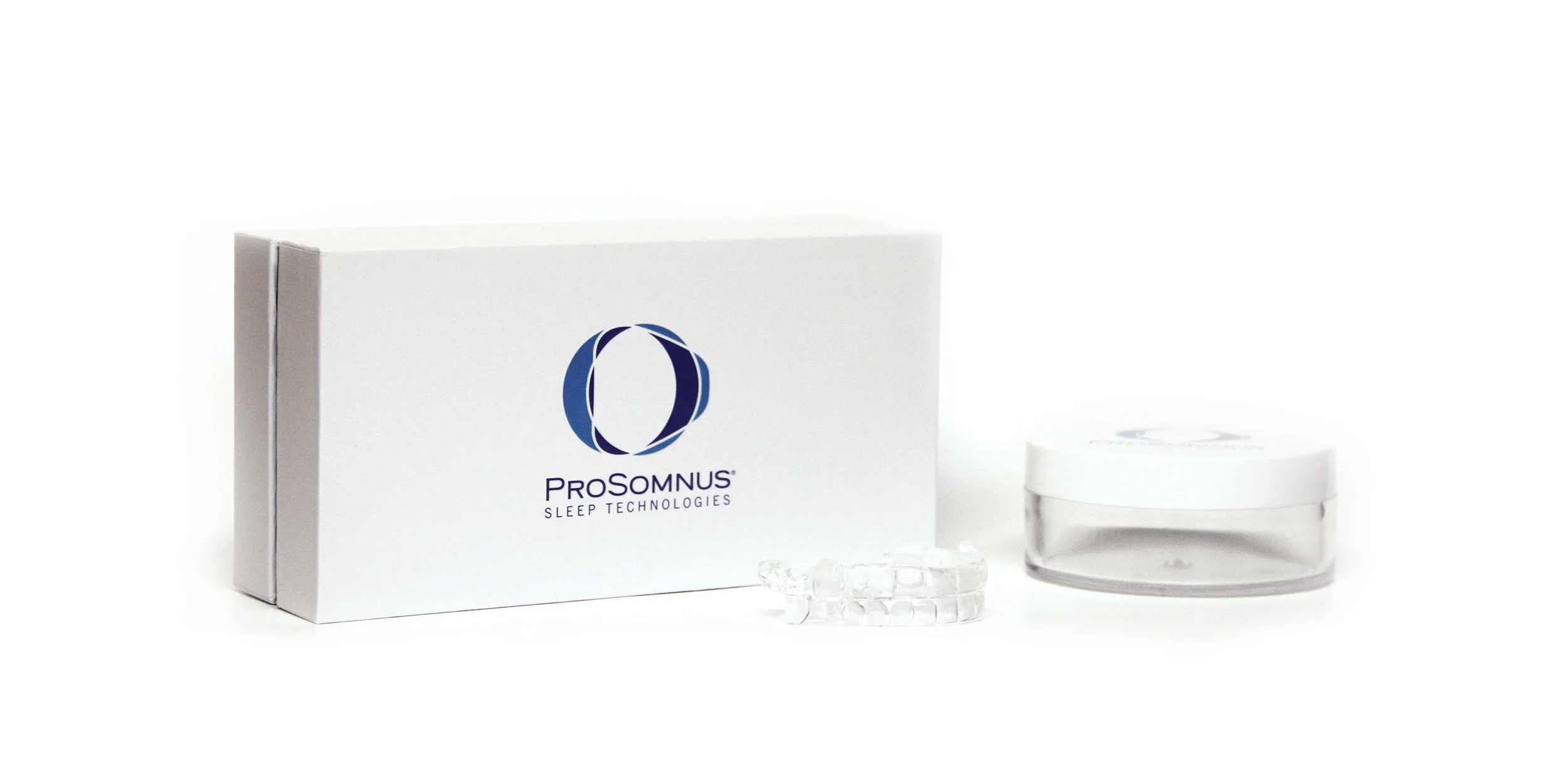If you’re constantly tired, snore at night, or wake up gasping for air, you might be dealing with more than just poor sleep, you could have sleep apnea. Many people in St. Louis live with undiagnosed sleep apnea for years, thinking fatigue is just part of getting older or working hard. At Ellis Sleep Center, we specialize in dental sleep medicine that helps people sleep and breathe better, without the hassle of a CPAP machine.
Read MoreIf you’ve been diagnosed with sleep apnea, your doctor may have told you CPAP is the only solution. But here’s what they don’t always say: many patients can’t tolerate CPAP, and there are highly effective alternatives. At Ellis Sleep Center in St. Louis, we help people just like you sleep better without the mask, using custom oral appliance therapy designed to fit your life.
Read MoreWhen people think of sleep apnea, they often picture an older man who snores loudly. But here's the truth: women get sleep apnea too and they’re often misdiagnosed or overlooked. In recent years, more women in St. Louis and beyond are discovering that fatigue, brain fog, and mood swings aren't just part of life, they could be symptoms of a serious sleep disorder.
Read MoreMost people think of snoring as a harmless annoyance. But if you or someone you love snores loudly, feels tired all the time, or struggles with staying asleep, it may be a sign of something more serious: sleep apnea. Left untreated, this condition can cause serious and even life-threatening health issues.
Read MoreIn St. Louis, we are no strangers to hot and humid nights. The study’s findings are especially relevant here, where the climate already places added strain on quality sleep. High nighttime temperatures disrupt breathing patterns, making sleep apnea worse for those already affected and more likely to develop for those at risk.
Read MoreIf you're like many people in St. Louis who have been diagnosed with sleep apnea, you were probably prescribed a CPAP machine as the go-to treatment. But what happens if you can't tolerate CPAP? You're not alone.
Read MoreIf you've been diagnosed with sleep apnea or can't tolerate your CPAP machine, you may be wondering if there's a better way to get the restful sleep you need. At Ellis Sleep Center in St. Louis, MO, we specialize in a highly effective and comfortable CPAP alternative known as oral appliance therapy. I
Read MoreA dental sleep appliance is a custom-made device worn in the mouth similar to a sports mouthguard. It works by repositioning the jaw and tongue to prevent the collapse of the airway during sleep. It's an option for people with mild to moderate sleep apnea or those who can't tolerate CPAP.
Read MoreWe all sleep—though some of us rest more soundly than others. Dr. Holly Ellis of Ellis Sleep Center helps patients who struggle to get enough rest, particularly ones suffering from sleep-related breathing problems, such as sleep apnea and snoring.
Read MoreWe are happy to announce that we are planning to reopen our office for patient treatment on May 18, 2020. Our hours remain Monday - Friday, 7:00 AM - 4:00 PM.
Read MoreIn addition to hurting your love life, snoring also can harm your health. It is a tell-tale sign of obstructive sleep apnea, a serious disease that can increase the risk for significant health problems. Untreated sleep apnea can raise your risk for congestive heart failure, high blood pressure, heart disease, diabetes, depression and impotence.
Read MoreAlthough sleep apnea can occur at any age, the risk increases as you get older. While the sleep disorder is more common in men, it can occur in women too, especially during and after menopause. Having excess body weight, a narrow airway, a recessed chin or misaligned jaw all can increase the risk of sleep apnea.
Read MoreResearchers at the Perelman School of Medicine, University of Pennsylvania, scanned 67 people with obstructive sleep apnoea who were obese and had lost 10% of their body weight, improving their symptoms by 30%. By looking at the size of patients' upper airway structures, the research team was able to find out what changes had driven the improvements.
Read MoreMany patients prefer oral appliance therapy as a solution for living with sleep apnea. Oral appliance therapy uses a mouth guard-like device worn only during sleep to maintain an open, unobstructed airway by supporting the jaw in a forward position. Many medical insurance plans, including Medicare, cover oral appliances.
Read More















